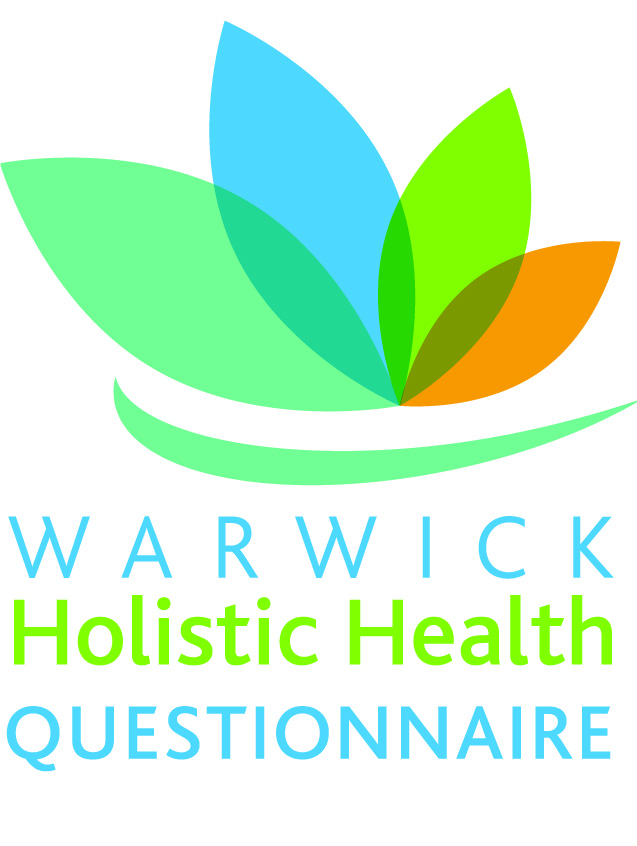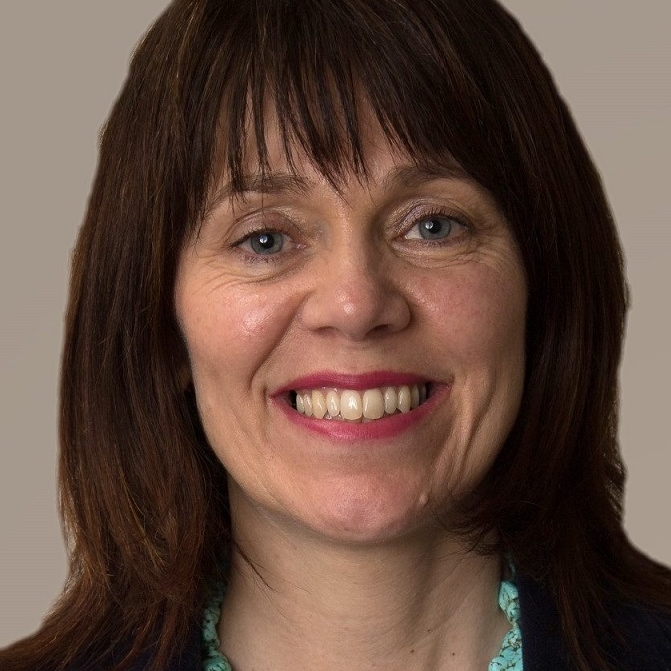Warwick Holistic Health Questionnaire (WHHQ)
The University of Warwick has licenced WHHQ to Measure Well Ltd. If you are interested in using the questionnaire more information can be found on the Measure Well website www.measurewell.co.uk.
Healthcare is changing and the evaluation of health care is increasingly based on Patient-Reported Outcome Measures or PROMs. These measures aim to capture patients’ or clients’ experience of change to health and wellbeing in response to therapies or treatments and to take this into account alongside changes in pathophysiology.
What is wellbeing?
Good health is essential for wellbeing.
Wellbeing is feeling good and functioning well. It includes an individual’s experience of their life and how they compare their circumstances with social norms and values.
Fostering wellbeing enables resilience to cope with life’s challenges. It brings an awareness of self, others and our wider community. Feelings of joy, happiness and having a greater sense of purpose are experiences of wellbeing.
Warwick Holistic Health Questionnaire (WHHQ)
Warwick Holistic Health Questionnaire has been developed and validated using ‘gold standard’ research methods incorporating both users and practitioners from the field of Craniosacral Therapy.
The 18-item questionnaire incorporates items covering mental, physical, social and spiritual wellbeing. It includes new concepts in health care evaluation like self-agency (‘I’ve felt in control of my health and wellbeing’) and improved self-awareness (‘my awareness about my health has helped me manage my life’) making it an attractive tool for evaluation of complementary, alternative and integrative approaches to health care.
Dr Nicola Brough explains how the Warwick Holistic Health Questionnaire came about...
“As a Complementary Therapist, an important part of my practice is to understand my clients’ wellbeing. I want to be able to capture and measure outcomes from the perspective of clients, in a structured and meaningful way, and to be able to assess this over time.
Having a suitable measurement tool was key to my aim of adopting a rigorous evidence-based approach to my practice. In particular, I was looking for an easy to use questionnaire that captured outcomes important to clients whilst retaining psychometric validity. I was aware of the existence of Patient Reported Outcome Measures (PROMs) but my search for a suitable measure for Complementary Therapy fell short.
At the same time, I was conscious of the wider need to evidence the potential benefits of mind-body-based modalities and support development of the profession amidst a growing interest and demand for Complementary, Alternative and Integrative Medicine (CAIM).
To address this, I embarked upon a Master’s by Research at the University of Warwick where I carried out a qualitative study to explore clients’ experiences of Cranio-Sacral Therapy. This enabled me to firstly categorise outcomes reported by study participants. I furthered my research, working with Professor Sarah Stewart-Brown and Dr Helen Parsons, and completed my PhD. The result of this research was the Warwick Holistic Health Questionnaire.
Following this, I’ve been delighted by the sector’s response to my work, receiving both the FHT Award for Complementary Therapy Research and the Research Council for Complementary Medicine Dr Janine Leach Early Career Fellowship Award in 2018. In 2019, I was awarded the CSTA Association Award for Services to Research.
Since then, I have undertaken an Early Career Innovation Fellowship to further develop the WHHQ as a tool that practitioners can use, and to support its implementation in the wider field of complementary and alternative medicine. I am keen to increase awareness of the benefits of outcomes evaluation and excited to see how the WHHQ might be used to help fellow practitioners and the sector as a whole.”
Dr Nicola Brough. MPhil, PhD
Why use a PROM like the Warwick Holistic Health Questionnaire?
At an organisation level gathering practice-based evidence by evaluating practice/and or a service in a systematic and rigorous way may enable
- Wider acceptance of a modality as a valid treatment
- Increase the public profile of a modality
- Improve the credibility of a profession
- Enable the use of aggregate data to demonstrate impact
Using a PROM in private practice
- Enables the client to share concerns of importance to them
- Improves communication & prompts discussion
- Allows the changes & effects of the therapy to be measured with a number
- Enables best & evidence based practice
- Provides a chance to change practice based on results
What the experts say about WHHQ....
Outcomes matter but till now the world of complementary and alternative medicine has had to make do with outcome measures that were not well suited to their practices. The WHHQ fills this gap because it is very simple to administer and complete, covers traditional physical and mental health effects, and also covers important effects not captured by traditional outcome measures.
Sarah Stewart-Brown, Professor of Public Health, Warwick Medical School, University of Warwick.
Dr Nicola Brough (PhD, MPhil, RCST), WHHQ Developer, Researcher and CST Therapist


